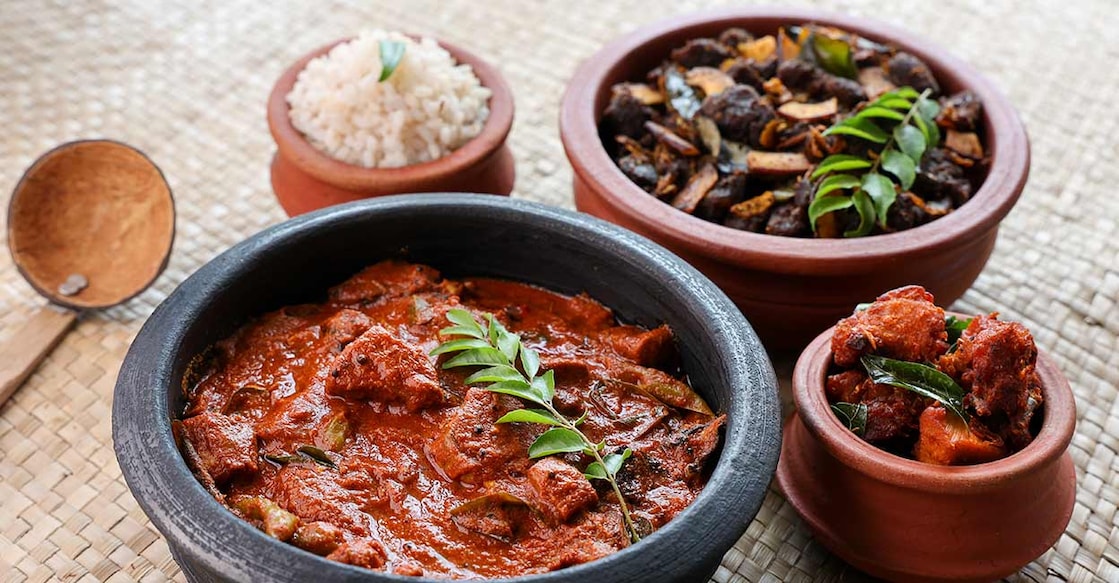Bet you didn’t know you could use a clay pot on an induction stove!

Mail This Article
Cooking with an induction cooktop is gaining popularity due to its convenience and safety compared to traditional gas stoves. Induction stoves allow you to set timers for automatic shut-off, and you never have to worry about running out of gas mid-cooking. However, induction cooking can be more expensive than using a gas stove and is limited to specific cookware. Cast iron, stainless steel, and induction-compatible pots are commonly used – but did you know earthenware can also be used?
Using clay pots on an induction cooktop
Yes, clay pots (manchattis) can be used on induction cooktops! If you have a flat-bottomed clay pot, you can place it directly on the stovetop after proper seasoning. For round-bottomed pots, you’ll need an induction converter disk or a heat diffuser. An induction converter disk is a metal plate that sits on the cooktop, allowing non-induction cookware to be used.
Add to cart: Stainless Steel Induction Plate: Italian Made
Why induction cooking is a game-changer:
1. Safer than gas stoves
Induction cooktops are safer than gas stoves because they rely on electricity and have built-in safety features. The stove only activates when a compatible vessel is placed on it, reducing the risk of accidental fires. Additionally, they are smokeless, making them ideal for individuals with respiratory issues. You can also set timers to avoid overcooking or burning food, and the automatic shut-off feature kicks in when the surface overheats.

2. Cheaper (in the long run)
Although induction stoves can cost more initially, they can be more economical if your home is equipped with solar panels, as they rely on electricity rather than gas.
3. Easy to clean
With a sleek, single-panel design, induction cooktops are incredibly easy to clean. You can use dishwashing liquid, baking soda, vinegar, or specialized ceramic cooktop cleaners to maintain their shine.
Electricity costs
Despite their advantages, induction cooktops can increase electricity costs if used excessively. With a power rating of 1500–2000 watts, they consume about 1.5–2 units of electricity per hour. To avoid high energy bills, it’s best to use induction cooktops only when necessary.
By using the right cookware—like clay pots—and following these tips, you can enjoy the convenience of induction cooking while keeping it energy-efficient.
What are you waiting for? Grab that manchatti and whip up some mouthwatering Kerala fish curry!

